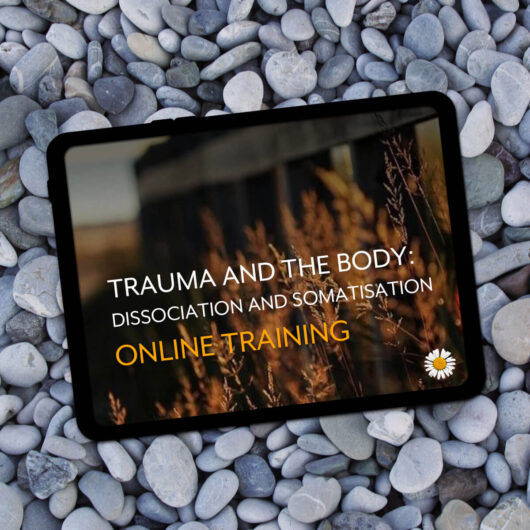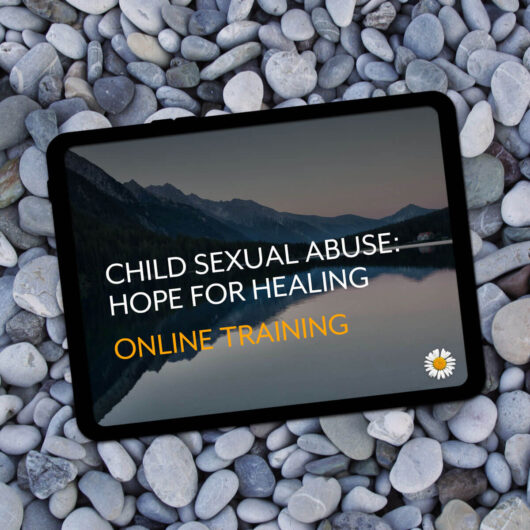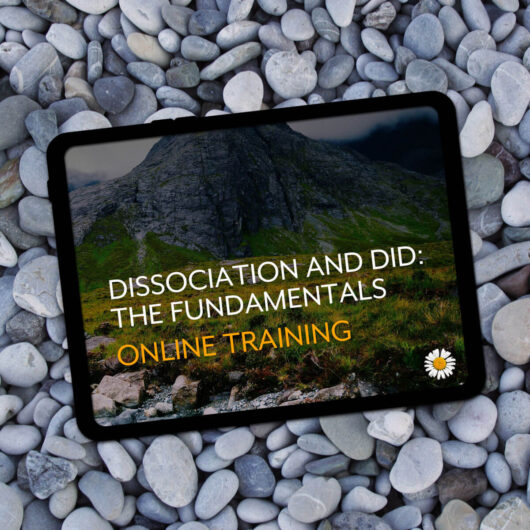Trauma and the Body: Dissociation and Somatisation Online Training
Trauma doesn’t just affect the mind and the emotions. It profoundly affects the brain and the body too. Often ‘the body remembers’ what the mind cannot, manifesting not just in long-term psychological difficulties but in physical ones too. Trauma is not something ‘all in the mind’, or something that we can just think or talk ourselves out of. On this course I look at how there is no real split between ‘body’ and ‘mind’ – and certainly not when it comes to trauma.
Child Sexual Abuse: Hope for Healing Online Training
Child sexual abuse represents the ultimate betrayal of trust. Working with survivors involves rebuilding that shattered trust and dismantling shame. One of the primary things that survivors need to know is that professionals ‘get it’ and that they can handle their trauma. This course provides multiple ‘get it’ moments – profound insights into the experience and impacts of abuse which will help to build trust, rapport and empathy and will also equip you to hear with compassion the stories that survivors need to, but fear to, tell.
Dissociation and DID: The Fundamentals Online Training
When faced with overwhelming trauma, dissociation can be the only logical thing our brains are able do to help us to survive. Join me as I explore what happens in the brain during trauma, why dissociation is the brain’s best way of surviving when overwhelmed by life-threat, how dissociative disorders develop and how best to support trauma survivors rediscover a sense of safety with a dysregulated nervous system.


